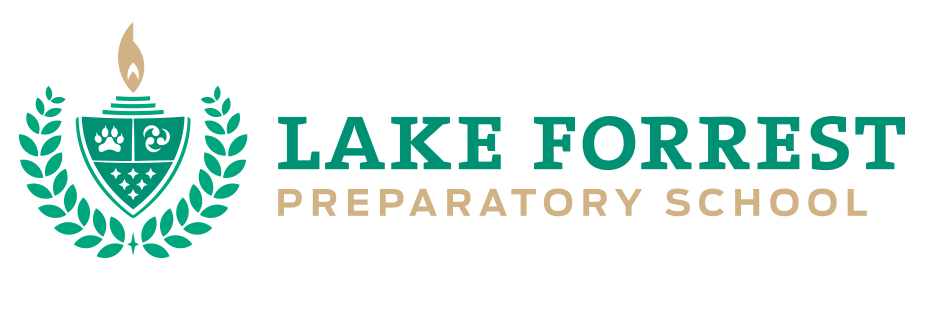The new year has begun with its promise of a fresh start. Begin the school semester with a homework routine that enriches and enhances study time. Following these parameters by the Orlando preparatory school leaders will keep homework on track and easier to manage.
My children walk through the front door from school with one thought on their minds: food. We enjoy a light snack and talk about our day. I ask what subjects they’re studying and whether they have homework. Statistics have proven that children need to decompress from school, much as adults should allow their brains to relax after work. While a specific time for homework is a fantastic idea, that time differs from child to child. Some families have found that a period of physical activity before homework begins helps their scholar focus while others reward homework completion with a game of tag or walk to the playground. Either method is completely acceptable, as long as the child is comfortable and comprehension levels are at their peak.
We usually gather around our dining room table for homework and studying, and the television is not on at that time, even if only one child has homework. Likewise, siblings cannot play video games or engage in any distracting activity. Younger children need guidance as they work through homework, and as their brains develop, the amount of assistance decreases. By the time children reach high school – the average is around eighth grade – reliance on parents diminishes greatly. As you engage in studying with your child, keep in mind that his homework reflects the knowledge gained from the classroom, not your personal knowledge. His or her teacher cannot gauge what has been learned if you complete homework assignments as if your child understands what was taught. On the other hand, if your child is confused or does not comprehend the material, explaining it to him or her for clarification purposes – without giving the answers – may be the key to unlocking potential. It has been noted that it takes at least three instances of sight, hearing or practice before information becomes understood. When material is presented and practiced in the classroom, it may not be enough time for your child to fit all the pieces together. Hearing the information from another individual, be it yourself, a sibling or another adult, may bring forth that magical learning epiphany. And remember, any comprehension is worthy of praise; your child thrives on your undivided attention.
At Lake Forrest Preparatory School, we strive to understand students’ learning and study habits. We test our students to determine their preferred learning strategies and work within that framework to heighten their base of knowledge. If your child is a sight learner, studying with flash cards may be the best possible method. Some students learn best while writing, so taking notes or writing outlines of chapters may work best for them. Students who learn kinesthetically want to move as they learn, so I often incorporate an activity with my children, such as carrying spelling or vocabulary lists with me as we take a walk. We also draw pictures and make up grand stories with vocabulary words based on books we’re reading or movies we have watched. Learning time and money with tactile tools worked for my children since they were able to physically move the hands of the clock or pile dimes together to equal one dollar.
As a parent, your life is probably flying by at what seems to be a million miles an hour. Set aside a block of time every afternoon to focus solely on your child and his or her schoolwork. By scheduling that time every day, your child is assured a special time with you to share pictures, test scores, anecdotes, and, of course, studying.
Take a look at our other Orlando preparatory school posts for further homework tips and techniques. Have you found a sure-fire method that keeps your child enthusiastic about studying? Share your idea with us – we would love to pass on the information!

